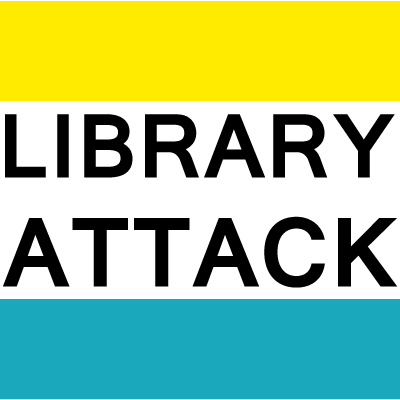
Two minute warning flickr photo by US Department of State shared under a Creative Commons (BY-NC) license
2020 is halfway over and it’s already been a transformative year of upheaval. It’s hard to remember what January was like – all of the plans I had that have evaporated in the wake of COVID, the on coming global economic depression, and people are waking up to how insidious systemic racism and police violence has been to Black people around the world. Which really gets back to the white supremacy inherent to everything because capitalism is rooted in colonialism and slavery. Anti-Blackness is integral to the these systems.
Which makes all of the statements coming out about diversity and inclusion, being against racism, being against hate — many of which don’t bring themselves to say Black Lives Matter, let alone refer to police violence or that the police murdered George Floyd — pretty hollow. As Professor Crystal Fleming said on Twitter: “diversity and inclusion” is the new academic version of “thoughts and prayers.”
"diversity and inclusion" https://t.co/vAlfYdVAYE
— Professor Fleming (@alwaystheself) June 5, 2020
When my union collective met to talk about drafting one of those statements, somebody pointed out that white people making anti-racist statements is part of the long tradition of whiteness going back to the abolition movement. It’s easy for white people, like me, to publish a pamphlet or sign a petition or post on social mead, “Racism is bad!” But we’ve been saying that for centuries and letting the systems that benefit us persist. Statements without sustained action are meaningless. We know that, but how do we get over the hurdles of discomfort, guilt, and inertia? So we’re taking the time to do internal work, find others to support, and make the campus more just.
And this is people waking up to systemic racism need to make the commitment to learn how to be antiracist. This means you’re going to have to take time to read, listen, and learn. (Here’s a reading list from Dr. Ibram X. Kendi if you need a place to start.) Then you need to act. Hold yourself accountable. Hold your family and friends accountable. Reading alone will not help, that’s just a different kind of whiteness.
And get ready to be uncomfortable and make mistakes. Even though Robin DiAngelo’s White Fragility has a lot of problems, she does provide a framework for white people to do the work and not inflict more harm on their Black, Indigenous and friends of color. I’ve learned to sit with my discomfort, to not offer up and opinion on everything. I have started calling in people close to me who mess up, making it clear that racist behavior is not acceptable.
But I haven’t been willing to do this at work entirely – and that’s what I’m committing to change. I’ve spent a lot of time talking about the whiteness of libraries – particularly academic libraries. But what about transportation? Structural racism is also baked into transportation. And so I’m committing to lean into my discomfort do this work more publicly. There’s a real concern that this energy will dissipate in a week, when the next crisis hits – and we can’t. I won’t let up. You can’t up either.
We need accountability for this work. To make sure that the work continues through the rest of the year, and doesn’t just die in a committee. Make this a priority in budgets and effort.
Let’s keep fighting for justice. Not just equity and equality. Justice. And defund the police.

Leave a Reply